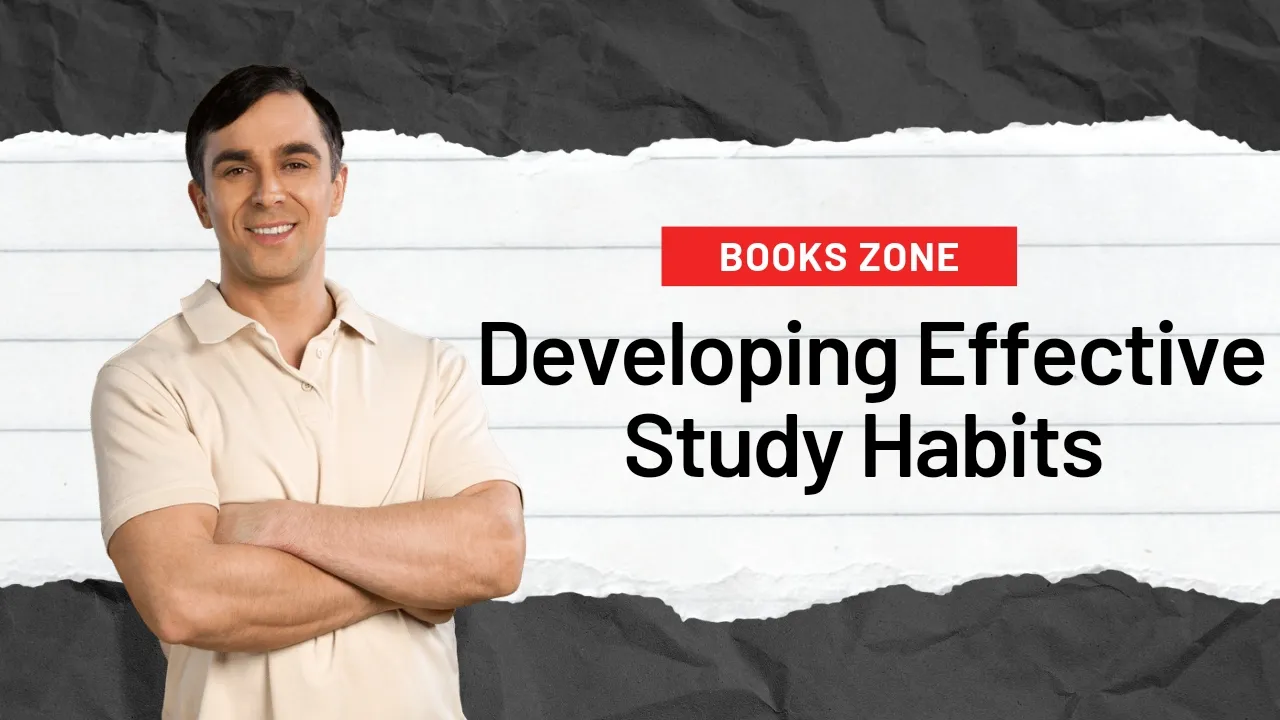Are you struggling wuth your daily routine? Not having enough time to focus on important tasks? You are at the right place. Time management and productivity are essential skills that allow people to accomplish more in less time.
You can control your time, focus on important tasks, and achieve personal and professional goals with good time management strategy. Mastering productivity means streamlining efforts to optimize efficiency while minimizing wasted time and energy.
Implementing time management and productivity strategies requires self-discipline, but the payoff is well worth the effort. In this article we are going through the best practices for time management which you should employ to get maximum things done.
Learn How You Currently Spend Your Time
Before improving your time management habits, analyze how you currently spend time each day. Keep a detailed log of everything you do for one full week, accurately recording all activities and the time spent on each one. This awareness of where your hours actually go allows you to identity problem areas of wasted time to eliminate.
Set Priorities and Goals
Once aware of current time expenditures, clearly define priorities and set specific goals oriented around those top priorities. Ask yourself what outcomes really matter to career aspirations, financial objectives, relationships, health targets, skill development, and personal fulfillment. Assign goals in each critical area and determine progress milestones.
With defined priorities guiding effective time allocation, schedule tasks and responsibilities based on importance rather than urgency. The most significant yet non-urgent goals tend to get postponed while urgent but unimportant matters demand attention. A priority-based schedule focuses efforts on accomplishing what matters most.
Plan Weekly and Daily
Schedule all important tasks and responsibilities in advance using calendar apps or productivity planners. Block time daily for goal-related efforts as well as routine obligations. Planning help you to remember all works and prevents forgotting tasks and creates an organized workflow. Sticking to the schedule stops time wasting on less significant efforts.
Leave buffer time in the schedule for unexpected tasks and interruptions which inevitably occur. Calendar blocking enables concentration on one task at a time while giving every responsibility its own time and space.
Master Task Focus
When working on a task, eliminate all distractions possible to fully concentrate attention. Set cell phones and notifications to silent, minimize unessential applications, and avoid busy work areas. Single-tasking heightens productivity compared to inefficient multitasking.
Use productivity tools to avoid draining brain power on remembering multiple pending matters. Capture action items needing future attention in task list apps so your mind can let them go and fully focus present moment efforts.
Take Breaks
While immersed in work, take regular short breaks to renew mental clarity and energy, stretch physically, refuel with healthy snacks, or socialize briefly. The few minutes invested in self-care pays off in increased concentration once back on tasks.
To avoid burnout, make sure to take a longer break after completing an intense project or a few hours of brain-demanding computer work. Detachment from job responsibilities during non-work hours maintains energy and motivation over the long term.
Delegate and Outsource
Learn to delegate tasks and outsource work that can be handled reliably by others, freeing up your own schedule for high-value priorities best matched to personal strengths. Delegation develops team capabilities while empowering you to focus where needed most. Outsourcing tedious or specialized tasks, from IT work to home services – enables more time for core competencies.
Batch Similar Tasks
Group similar tasks together in batches to use time more efficiently. For example, make all necessary phone calls back-to-back rather than spacing them out, blocking time to answer emails rather than sporadically throughout the day, or setting meetings with colleagues on the same day to avoid redundant scheduling logistics.
Batching lowers setup costs of switching between tasks and creates more time for deeper work.
Use Productivity Tools
Harness technology tools designed to save time, organize information, optimize systems, reduce effort, and expand output. Examples like project collaboration platforms, customer relationship management systems, accounting automation, email productivity plugins, inventory optimization, timesheet trackers, and more. Use such kind of tools to automate repetitive tasks.
Maintain Health
Make self-care routines like healthy meals, regular exercise, sufficient sleep and stress resilience a non-negotiable foundation within the schedule. Paying attention to physical and mental health directly impacts daily effectiveness and long-term wellbeing. Without caring for health and renewal needs, productivity eventually suffers.
Continuously Improve
Keep refining time management approach through ongoing self-assessment and education. Notice when schedules fail and tasks expand out of control, then make adjustments to prevent recurrence of issues. You can read some productivity books and articles to expand the methods. Improving even 1% weekly compounds to major gains over time.
Frequently Asked Questions
How do I motivate myself to follow a time management plan?
Connect your schedule and to-do list directly to short and long-term goals that inspire commitment. Notice how structured time use helps achieve aims that bring meaning, purpose, and joy to life.
What if unexpected challenges constantly disrupt my schedules?
Accept that surprise events will sometimes upend plans, then smoothly adapt to changing circumstances. Having buffer time in schedules allows flexibility to handle the unforeseen.
How detailed should task lists be?
Break major goals into very specific, actionable sub-tasks so no ambiguity exists about next steps to make progress. Granular task lists provide clarity while fostering a sense of achievement as items get completed.
Should I schedule breaks?
Yes, deliberately block break times in calendars to ensure they actually happen. The few minutes invested in self-renewal enhances focus once back working, fuelling productivity.
Wrapping Up
At last, managing time effectively needs analysing current usage, setting goals, planning schedules, eliminating distractions, delegating tasks, batching efforts, using tools, maintaining health, and continuously improving. While demanding initial discipline, purposeful time management pays dividends in increased productivity and life balance.














Leave a Comment